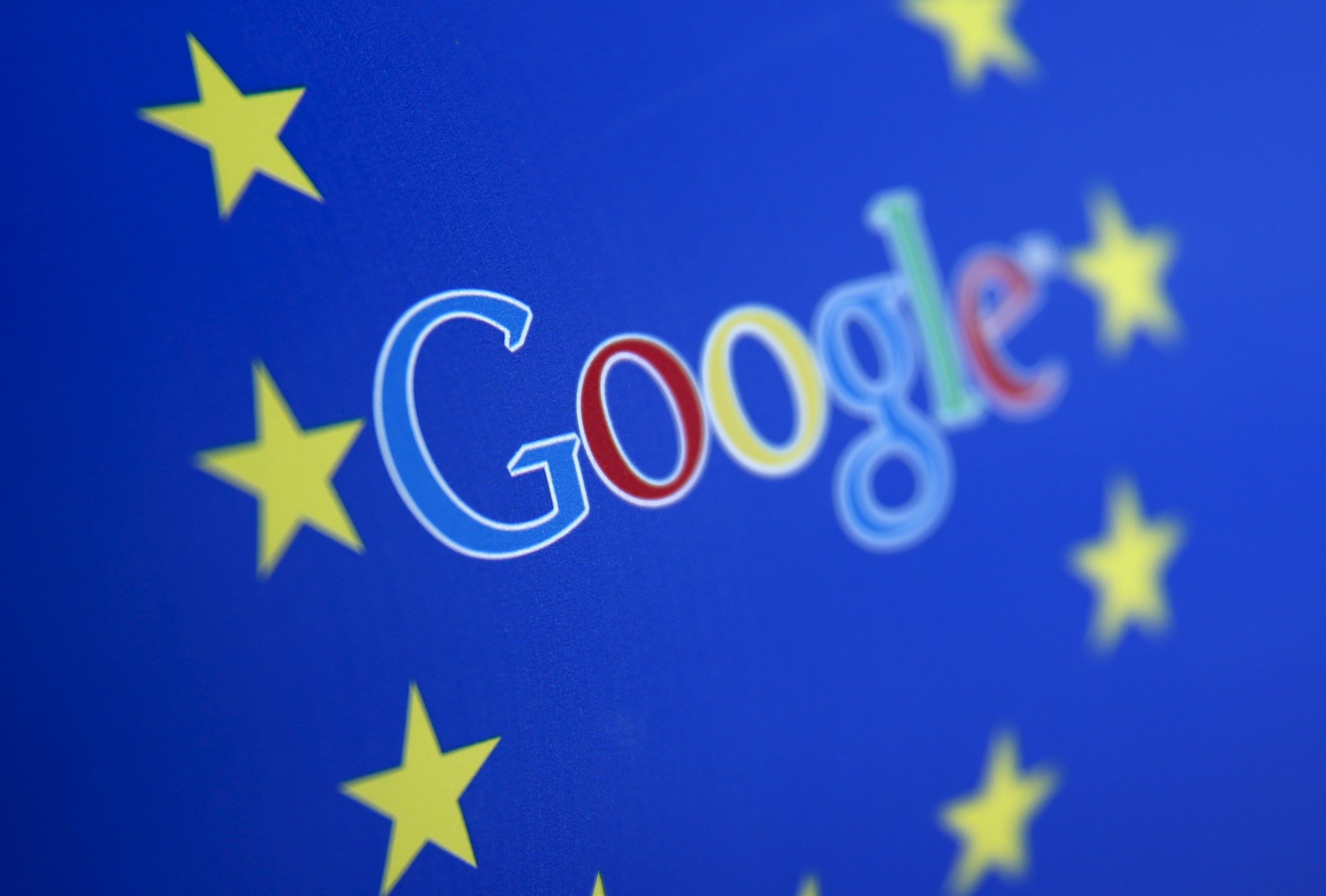
An antitrust complaint filed against Google by the European Union earlier this year could force the company to pay huge fines and change the way its search engine operates in Europe.
In the complaint, E.U. regulators say Google has abused its dominance in online search to stifle competition. If the charges stick, Google could face a cascade of antitrust allegations over a variety of its other services as well.
On August 27, Google filed a response to the E.U.’s complaint, arguing that its allegations are unfounded. According to Google, its practices don’t harm competition and the way it organizes search results actually benefits consumers.
Here’s a quick explainer of why European officials are targeting Google and how the search giant has responded so far.
What is the European Union saying Google did wrong?
The formal accusation is tied to the way Google displays its shopping comparison product, Google Shopping, in search results. Items from Google Shopping are displayed at the top of the search results page when users search for many basic products, like “kites” or “dog food.” According to the E.U., automatically placing Google’s own service in this prized digital real estate could “artificially divert traffic from rival comparison shopping services and hinder their ability to compete, to the detriment of consumers, as well as stifling innovation.”
Why does it matter whether Google promotes its rivals equally?
Google controls more than 90% of the search engine market share in most European countries, compared to about 65% market share in the U.S. According to Google’s rivals, such as Yelp and Microsoft, that control over search gives Google incredible influence over the viability of other companies that rely on search results to drive web traffic and generate business.
What is Google’s counterargument?
In Google’s formal response to regulators’ complaints, the company argues that the search market remains competitive and that Google actually drives clicks to various other aggregators. The company says it has increased free traffic to European websites by 227% over the last decade. Google also says that both users and advertisers like the way products are displayed in the Google Shopping results.
“Our search engine is designed to provide the most relevant results and most useful ads for any query. Users and advertisers benefit when we do this well. So does Google,” Google General Counsel Kent Walker wrote in a blog post Aug. 27. The more relevant the ads — the better they perform in connecting potential buyers and sellers — the more value they generate for everyone.”
How long has the European investigation been going on?
Officials began a general investigation into Google’s search practices in November of 2010. After years of back and forth, Google reached a tentative settlement with the European Commission in February 2014 in which the company agreed to place competitors’ search results at the top of the results page along with results from Google’s services. However, the settlement was ultimately rejected later in the year. Now the E.U. has a new antitrust chief, Margrethe Vestager, who has taken a harder line against Google.
What punishments could Google face?
The European Union can collect fines as large as 10% of annual sales for violation of antitrust law. In Google’s case, that would amount to more than $6 billion, though it isn’t clear if a final fee would go that high. The company could also be forced to change the way its search engine works — in its charges, the European Commission says Google should treat its own comparison shopping service the same as that of its rivals by showing whatever results are most relevant based on a user’s search query.
Google will have ten weeks to respond to the E.U.’s allegations in hopes of avoiding a big fine.
Is this only about Google Shopping?
No. The European Commission also announced that it’s opening an antitrust investigation into Android, Google’s mobile operating system. The Commission will consider whether Google pressured manufacturers who use Android on their devices to pre-install Google’s own apps. It will also seek to learn if Google prevented manufacturers from developing modified versions of Android in a manner that runs afoul of antitrust law.
For its part, Google argues Android has helped spur mobile innovation and that its practices are not out of line with the way Apple and Microsoft control their mobile ecosystems.
The Commission is also continuing to investigate how Google prioritizes its own specialized results in other specific fields, such as flights, and the kinds of restrictions the company places on advertisers.
Could Google face similar scrutiny in the U.S.?
It’s doubtful. The Federal Trade Commission launched an antitrust investigation into Google in 2011 but ultimately filed no legal charges against the search giant. A recently disclosed internal report, however, revealed the FTC was closer than initially believed to filing charges against Google.
Has this ever happened before?
American tech giant Microsoft long sparred with European regulators over antitrust concerns regarding the Windows operating system and Internet browsers. Microsoft initially got away without a fine by agreeing to offer new Windows users in Europe a wider choice of browsers. However, Microsoft was fined $732 million in 2013 when it was found not to be complying with that deal (Microsoft blamed technical errors). Some commentators argue Microsoft’s dealings with European regulators changed the company’s culture in profound ways.
Read next: How Google Perfected the Silicon Valley Acquisition
The 10 Most Ambitious Google Projects
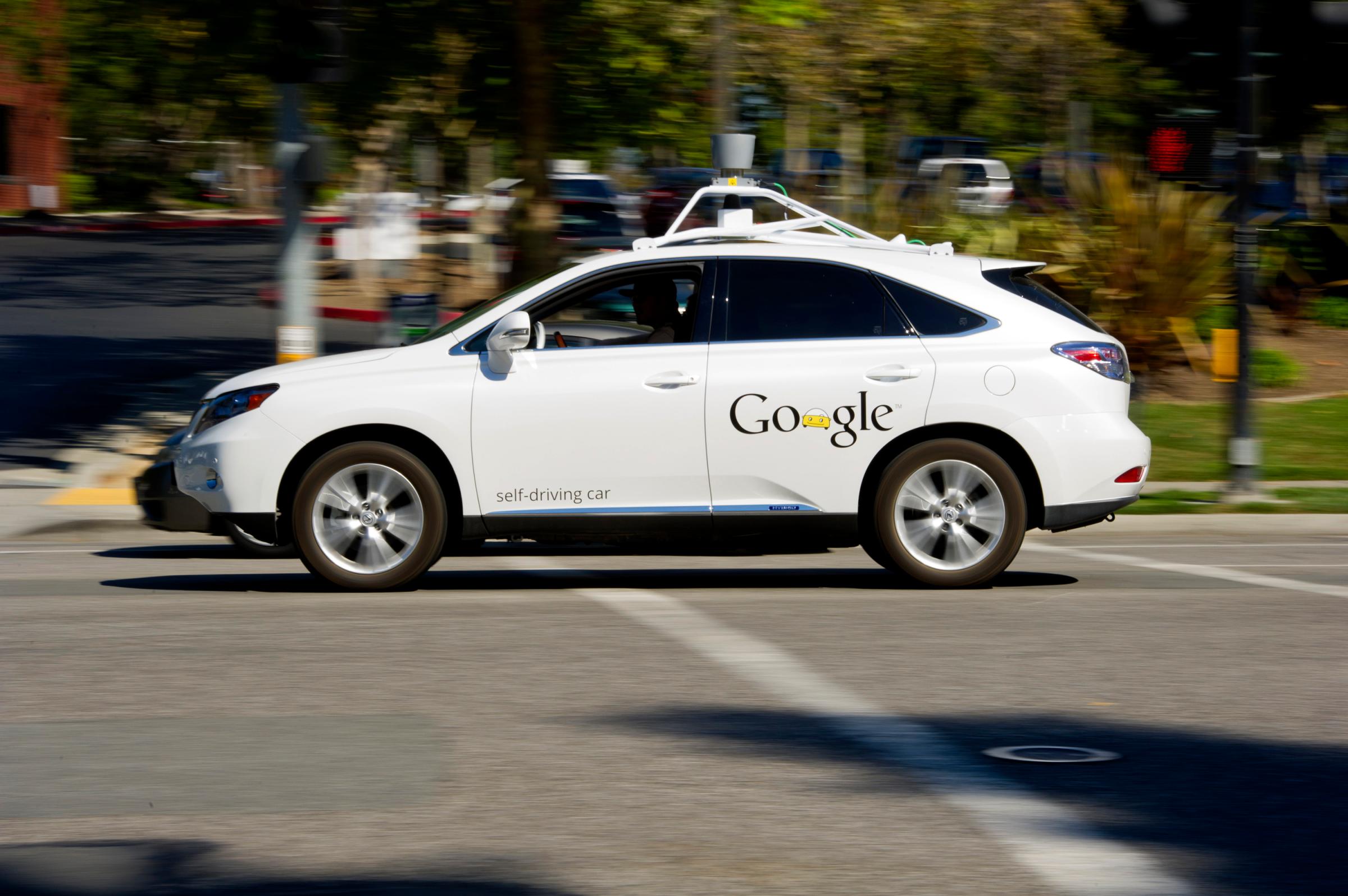

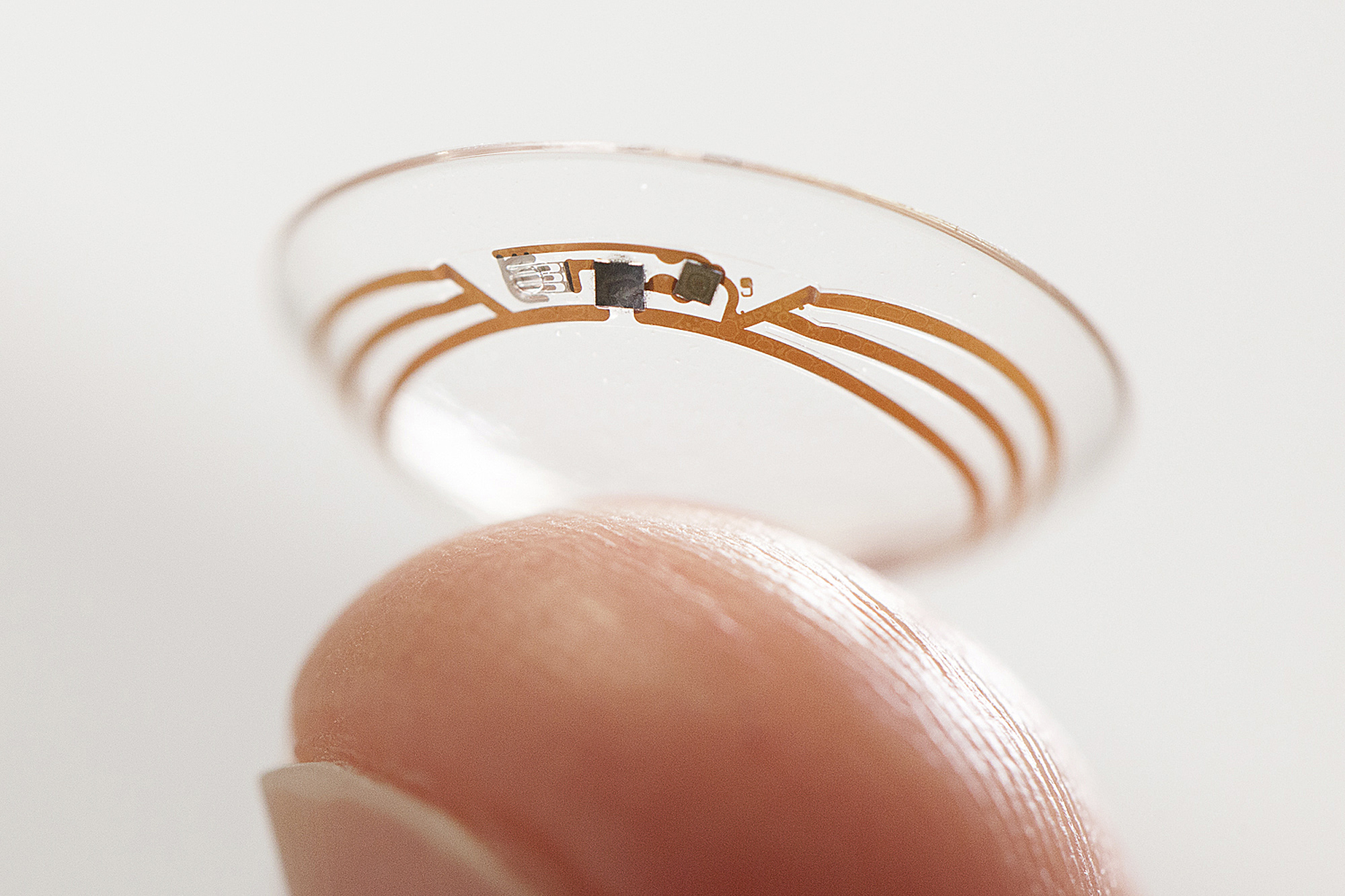

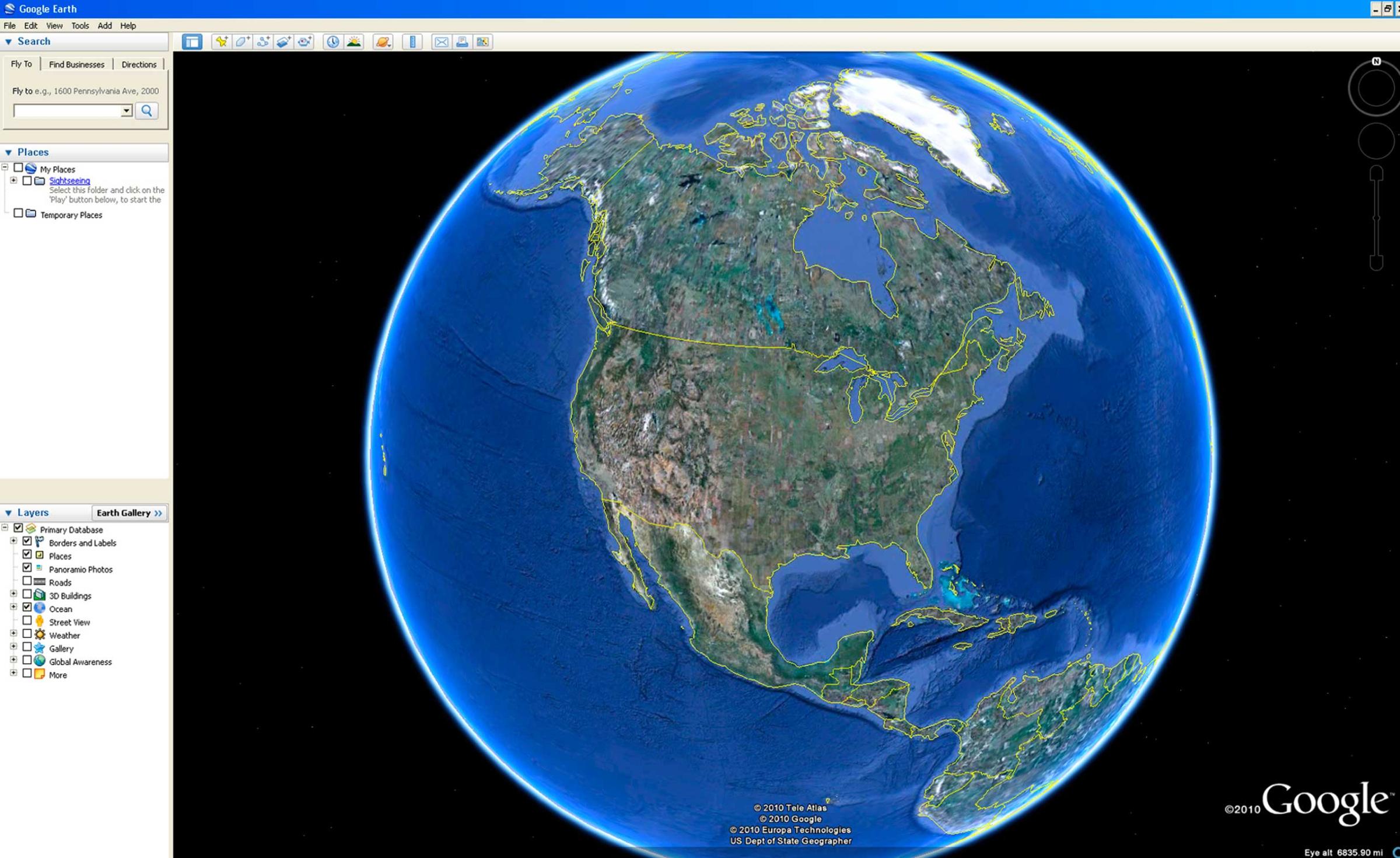



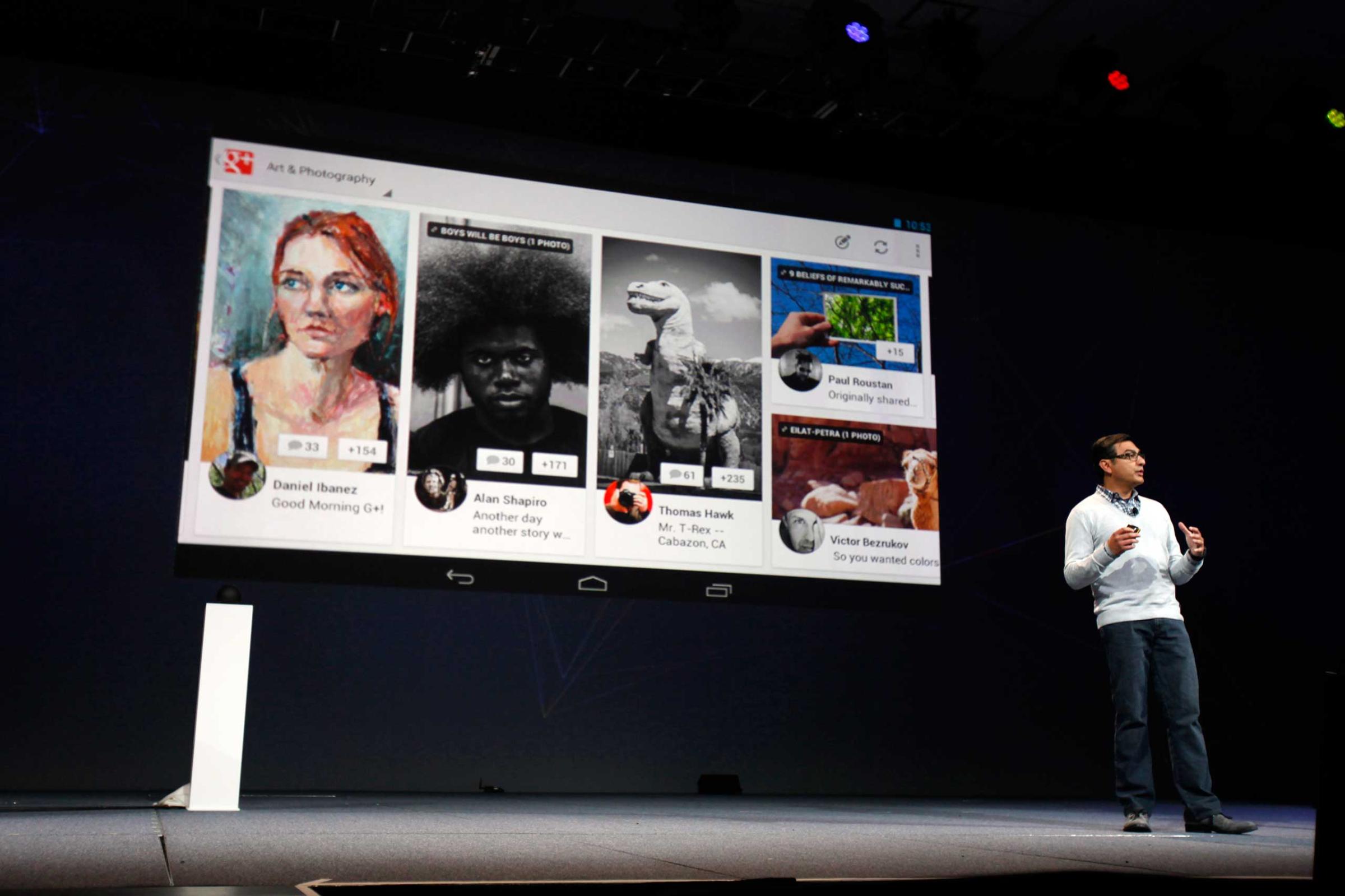

More Must-Reads from TIME
- Why Trump’s Message Worked on Latino Men
- What Trump’s Win Could Mean for Housing
- The 100 Must-Read Books of 2024
- Sleep Doctors Share the 1 Tip That’s Changed Their Lives
- Column: Let’s Bring Back Romance
- What It’s Like to Have Long COVID As a Kid
- FX’s Say Nothing Is the Must-Watch Political Thriller of 2024
- Merle Bombardieri Is Helping People Make the Baby Decision
Contact us at letters@time.com